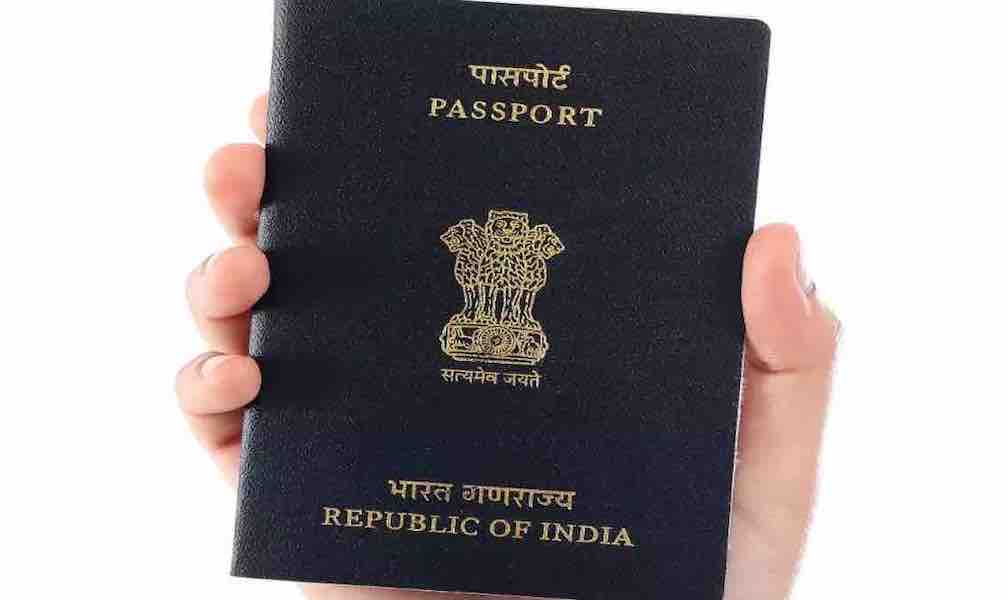Tanya Gupta
Published on: March 19, 2022 at 20:34 IST
In the Case of Kasturi Rajupeta Vs. Union of India, the Karnataka High Court held that once the Proceedings are stayed by a Higher Court, the Permission of Passport Renewal from a Trial Court is not required.
The Court directed the Regional Passport Officer to consider a Woman’s Application for Passport Renewal.
The Single Bench of Justice Krishna S Dixit stated,
“This Petition Succeeds. A Writ of Certiorari issued Quashing the Impugned Endorsement. A Writ of Mandamus issues to the 3rd Respondent-Regional Passport Officer to consider Petitioner’s subject Application in light of the Observations hereinabove made and without insisting upon any order from the Criminal Court concerned. Time for compliance is Six Weeks.”
“However, Justice of the Case Warrants a Stipulation by this Court that Petitioner shall not Travel Abroad without Leave of the Criminal Court concerned, regardless of she being issued or not issued the Passport,” it was further added.
Case Background
The Petitioner approached the Court seeking invalidation of the September 6, 2021 Endorsement by the Regional Passport officer and to direct him to accept her Renewal Application.
Her Application was Rejected because a Criminal Case is Pending against her and as per the 1993 Notification by the Ministry of External Affairs, she needs to furnish an Order from the Court concerned.
Respondent Opposed
The Respondent’s Counsel submitted that since a Criminal Case is Pending against the Petitioner, a Facilitative Order should be produced.
Court findings
The Right to Travel is a Right Under Article 13 of the Universal Declaration of Human Rights and an Inviolable facet of the Fundamental Right Under Article 21 vide Maneka Gandhi Vs. Union of India AIR 1978 SC 597.
The Court held,
“When all further Proceedings in the Criminal Case are interdicted by a Higher Court, this Notification cannot be pressed into service to deny Petitioner’s Request for Renewal/Re-issuance of Passport, only on the ground that a Criminal Case is Pending. What is to be seen is the Intent, Content & Invocability of the Notification. Otherwise, it amounts to Burying the Spirit of Law by operating its Black Letter.”
Referring to the Supreme Court’s Judgement in Chamundi Mopeds’ Case, the Obtainment of Permission from the Concerned Court is not imperative merely because a Criminal Proceeding is Pending.
The Court remarked,
“Courts are meant for doing Real Justice to the causes brought before them and they cannot turn away the Aggrieved Parties by quoting some Constitutional Theories, when Justice is apparently Due to them.”
Also Read: Supreme Court: Passport Renewal cannot be denied in Pendency of Criminal Appeal

